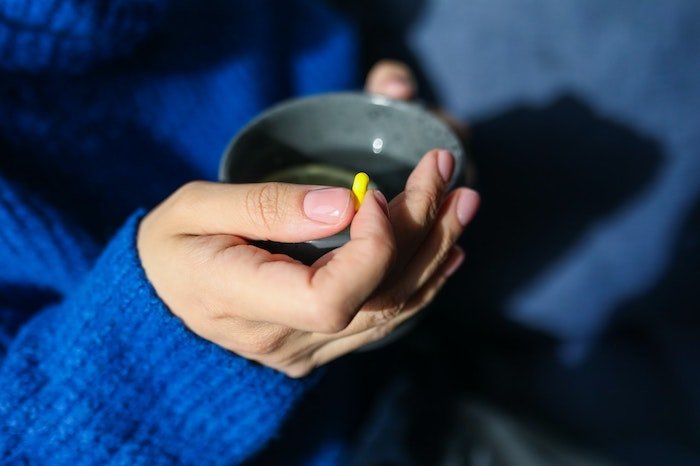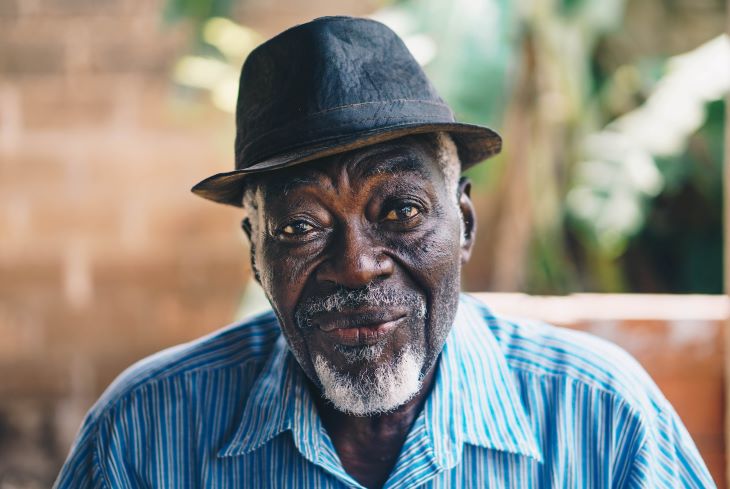Drug & Alcohol Rehab in Bingley
Many people suffering from addiction think that they’re alone. But you only need to look at the numbers of people suffering to realise that that’s not true.
There are so many people out there like you, trying to seek out help. It’s a common disorder, which can be managed with the right treatment.
It’s a lifelong battle, but drug and alcohol rehab in Bingley can equip you with the tools you need to keep fighting.
How can I access drug and alcohol rehab in Bingley?

Although it may be emotionally difficult to get your foot on the ladder, on a practical level accessing drug and alcohol rehab in Bingley is actually fairly simple.
All you need to do is get in touch with OK Rehab, and we’ll be able to give you instant support and advice.
Beyond that, if you’d like us to, we can also go over your situation, pin down the specifics and then come up with a treatment plan accordingly.
We’ll develop this through conversations with you and then through a more formal assessment.
The key facts we’re looking to establish at this stage are:
- What you’re addicted to
- How long you’ve been addicted for
- The home and social environment you’re currently in
- How severe your addiction is overall
If you’re concerned about someone else and can’t get through to them, we can also help you with advice and/or an intervention.
At OK Rehab, we offer free advice from a team of non-judgemental professionals, many of whom are in recovery and understand how hard it can be to change your relationship with addiction.
To find out more about rehab in Bingley, simply reach out to our 24/7, confidential hotline on 0800 326 5559.
How will I know if I’m ready for drug and alcohol rehab in Bingley?

However, there are a few ways you can emotionally prepare yourself for rehab. One of the biggest is exactly what you’re starting to do here, just by reading this page.
That is researching and learning everything you can about the rehab process, to lessen any fear of the unknown.
By doing this, you could also start to see what your own recovery journey might look like.
Don’t worry if you’re still unsure. We can talk it through with you if you choose to get in touch with us.
Can I live at home during drug and alcohol rehab in Bingley?

The answer to this question depends entirely on you, your needs and ultimately what you’re comfortable with.
Treatment is generally divided into two categories: inpatient and outpatient.
This is something that will likely come up in those initial discussions to decide treatment that we mentioned earlier.
Essentially, inpatient treatment involves a stay in a residential centre, while outpatient treatment is completed at home, with visits to a residential centre.
Due to its more intensive nature, the former is generally recommended to those with moderate to severe dependencies.
And as so many people seeking out help are already at that level, of addiction, inpatient is the most common form of rehab.
At OK Rehab, we offer free advice from a team of non-judgemental professionals, many of whom are in recovery and understand how hard it can be to change your relationship with addiction.
To find out more about rehab in Bingley, simply reach out to our 24/7, confidential hotline on 0800 326 5559.
What are the overall stages of rehab in Bingley?

Beyond the distinctions of inpatient and outpatient, drug and alcohol rehab is generally divided into three stages: detoxification, rehabilitation and aftercare.
The first part is a detox, where your intake of whatever you’re addicted to will slowly be reduced until your physical dependence is broken and your withdrawal symptoms are lessened.
As said withdrawal symptoms can become highly unpleasant or even dangerous under certain circumstances, we don’t recommend trying to detox at home on your own.
During this part of the process, you’ll also likely be prescribed specific medication, although what medication it is will change based on what you’re detoxing from.
Whether it’s at home with visits to a centre, or whether it’s in a residential space, the rehabilitation stage usually involves a further combination of mental and physical health treatments.
In particular, the focus on your mental health here is incredibly important.

There is a huge range of therapies and counselling techniques used at rehab in Bingley, all there to help your mind and your body heal.
This includes, but is not limited to:
- Cognitive behavioural therapy
- Dialectal behavioural therapy
- Contingency management
- Art therapy
- Music therapy
- Group therapy
- Motivational interviewing
To equip you for post-rehab life, many residential spaces also offer workshops. These of course cover addiction – but they can also be useful for learning general life skills.
Finally, support groups like alcoholics anonymous and narcotics anonymous are used by a majority of people throughout the process.
These can give you lasting connections to people who truly understand your situation and will allow you to get out a lot of emotions you might have previously been bottling up.
Finally, there’s aftercare: a transitional stage where you’ll adjust to your new life, while continuing to receive treatment.
It should also be noted that, especially in the rehabilitation stages, a lot of different places will offer different things. Make sure you do thorough based on what’s right for you.
At OK Rehab, we offer free advice from a team of non-judgemental professionals, many of whom are in recovery and understand how hard it can be to change your relationship with addiction.
To find out more about rehab in Bingley, simply reach out to our 24/7, confidential hotline on 0800 326 5559.
Relapse prevention plans

A well thought out relapse prevention plan is also very important. There are a few key aspects that need to be included, with the first being a plan for if you do relapse.
This can include details on what to do and contact details of anyone you’d want to get in touch with if the worst did happen.
A list of all the potential cravings and triggers you might encounter is also vital.
If you can look at almost everything that might trigger you and figure out how to handle it, you’ll be much less likely to relapse.
Finally, it’s likely that you’ll need to list any lifestyle changes, including potential changes to your lifestyle and relationships.
This might be difficult to consider, but it’s something you should discuss during the rehabilitation stage.
The help that you need is available. As we said earlier, all you need to do is reach out for it.
At OK Rehab, we offer free advice from a team of non-judgemental professionals, many of whom are in recovery and understand how hard it can be to change your relationship with addiction.
To find out more about rehab in Bingley, simply reach out to our 24/7, confidential hotline on 0800 326 5559.






